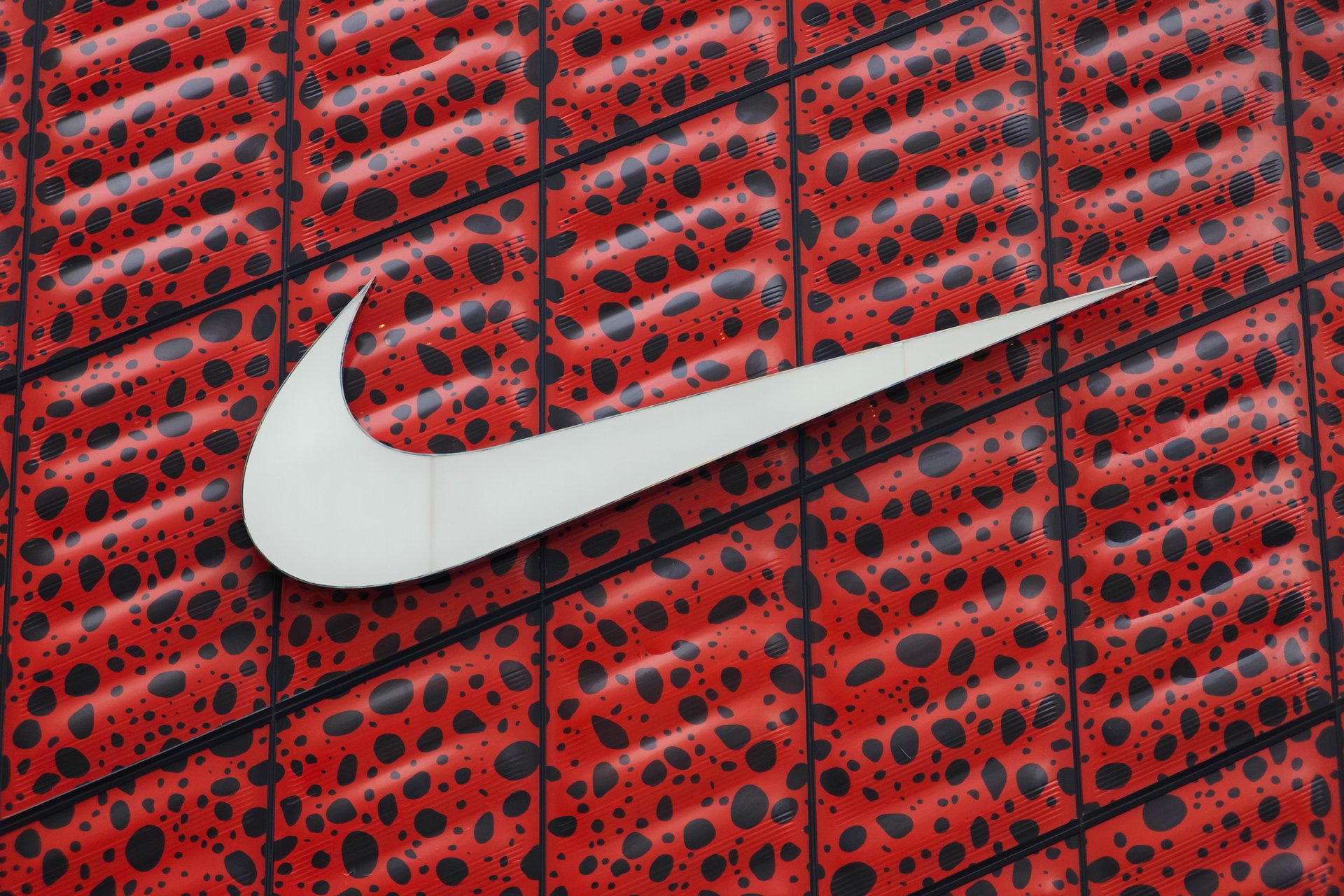Nike pushes back its investor day — and the stock dips on sluggish earnings
The apparel giant reported mixed earnings for its fiscal first quarter

Nike (NKE) is striving to “Just Do It,” but its latest quarterly earnings suggest it may be too soon to determine success. Now, the company has postponed its investor day, which was set for November.
Suggested Reading
Shares of Nike fell slightly in after-hours trading following the apparel company’s report of weak earnings for the first quarter of its 2025 fiscal year.
Related Content
“Nike’s first quarter results largely met our expectations,” said Matthew Friend, Nike’s chief financial officer, in statement. “A comeback at this scale takes time, but we see early wins.” He said the company is “energized” as coming CEO Elliott Hill gets ready to take the lead of the retailer on Oct. 14.
In September, the company announced John Donahoe would step down as CEO on Oct. 13 and be succeeded by longtime veteran Hill, who spent three decades at Nike, beginning as an intern.
The sneaker giant missed Wall Street’s revenue expectations but met its earnings-per-share estimates. During the first quarter period, Nike reported revenue of $11.59 billion, about $0.70 cents a share. Analysts expected the apparel company to report about $11.65 billion in revenue, approximately $0.52 cents a share, according to FactSet (FDS).
As Nike prepares for a product-innovation cycle in the second half of 2024, it faces challenges including a decline in demand domestically and in China, stiff competition from rival companies such as Adidas (ADDYY) and Hoka (DECK), and lukewarm product reception.
Financial firm Jefferies (JEF) raised Nike’s price target from $80 to $85 due to optimism about the leadership change but noted significant affects may not be seen until fiscal 2026. The firm also noted that while direct-to-consumer (DTC) sales have boosted profits and brand control, cutting traditional retail partnerships may have limited consumer engagement following Donahoe’s decision to significantly reduce DTC collaborations with retailers such as Foot Locker (FL) and Macy’s.
